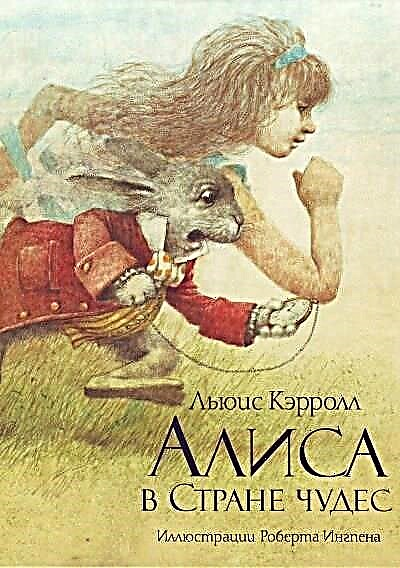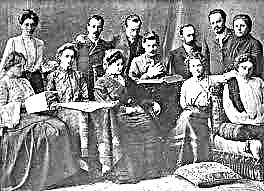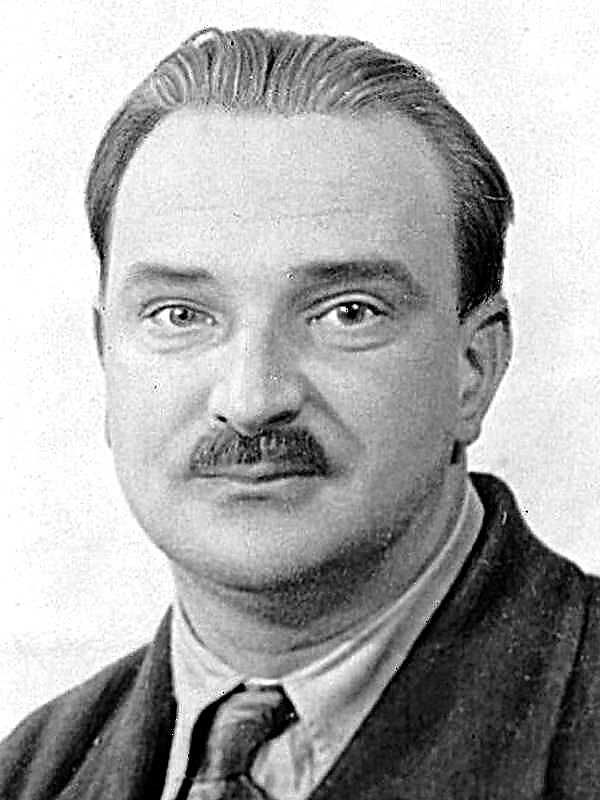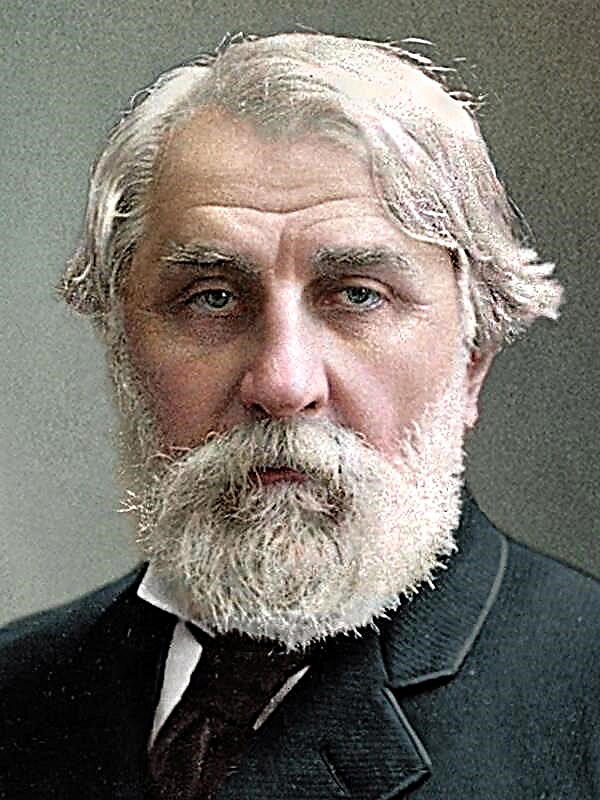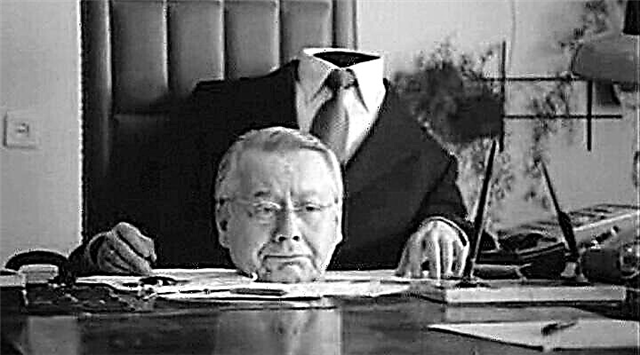The autobiographical and scientific novel “Before Sunrise” is a confessional story about how the author tried to defeat his melancholy and fear of life. He considered this fear to be his mental illness, and not at all a feature of his talent, and he tried to overcome himself and inspire himself in a childishly cheerful worldview. For this (as he believed, having read Pavlov and Freud), it was necessary to eradicate children's fears, to overcome the gloomy memories of youth. And Zoshchenko, recalling his life, discovers that almost all of it consisted of impressions gloomy and heavy, tragic and stinging.
The story has about a hundred small chapters of stories in which the author is sorting out his gloomy memories: here is the stupid suicide of a peer student, here is the first gas attack at the front, here is unfortunate love, but love is successful, but quickly bored ... Home the love of his life is Nadia V., but she gets married and emigrates after the revolution. The author tried to console himself with a romance with a certain Alea, an eighteen-year-old married special, quite unhindered, but her lies and stupidity finally bothered him. The author has seen the war and still cannot recover from the effects of gas poisoning. He has weird nervous and heart attacks.He is haunted by the image of a beggar: more than anything in the world, he is afraid of humiliation and poverty, because in his youth he saw the baseness and baseness of the depicting poet Tinyakov. The author believes in the power of reason, in morality, in love, but all this is crumbling before his eyes: people are dropping, love is doomed, and what kind of morality is there after everything that he saw at the front in the first imperialist and civil? After the hungry Petrograd in 1918? After the rumbling hall at his performances?
The author tries to search for the roots of his gloomy worldview in childhood: he recalls how he was afraid of thunderstorms, water, how late he was taken from his mother’s chest, how strange and frightening the world seemed to him, how in his dreams the motif of a formidable grabbing his hand was repeated intrusively ... It is as if the author is seeking a rational explanation for all these children's complexes. But he cannot do anything with his character warehouse: it is precisely the tragic worldview, sick pride, many disappointments and emotional traumas that made him a writer with his own unique angle of view. In a completely Soviet way, waging an implacable struggle with himself, Zoshchenko is trying at a purely rational level to convince himself that he can and should love people. The sources of his mental illness are seen in his childhood fears and subsequent mental strain, and if you can still do something with fears, then nothing can be done about mental stress and the habit of writing. This is a storehouse of souls, and forced rest, which Zoshchenko periodically arranged for himself, does not change anything here.Speaking about the need for a healthy lifestyle and a healthy worldview, Zoshchenko forgets that a healthy worldview and the uninterrupted joy of life are the lot of idiots. Rather, he makes himself forget about it.
As a result, "Before Sunrise" does not turn into a story about the triumph of reason, but into a painful report by the artist about a useless struggle with himself. Born to have compassion and empathy, painfully sensitive to everything dark and tragic in life (whether it be a gas attack, a friend's suicide, poverty, unhappy love or the laughter of soldiers cutting a pig), the author in vain tries to assure himself that he can bring up a cheerful and cheerful worldview . With such a worldview, writing does not make sense. The whole story of Zoshchenko, her whole art world, is proved by the primacy of artistic intuition over reason: the artistic, novelistic part of the story is excellently written, and the author’s comments are just a mercilessly honest report of a completely hopeless attempt. Zoshchenko tried to commit literary suicide, following the dictates of the hegemons, but, fortunately, did not succeed. His book remains a monument to the artist, who is powerless in front of his own gift.

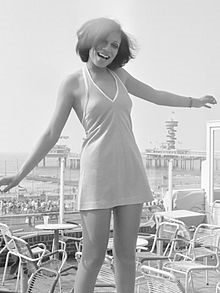
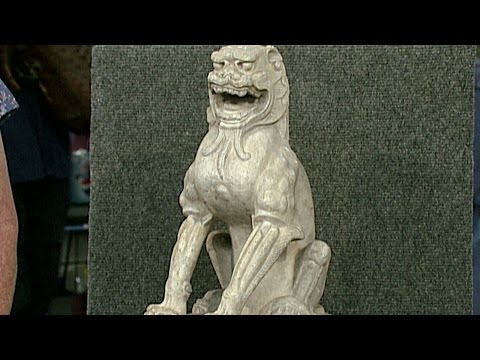
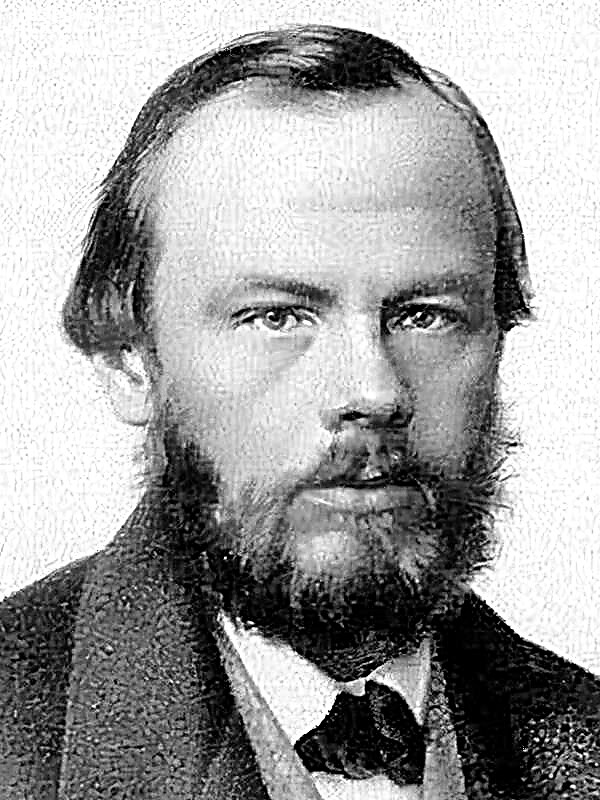
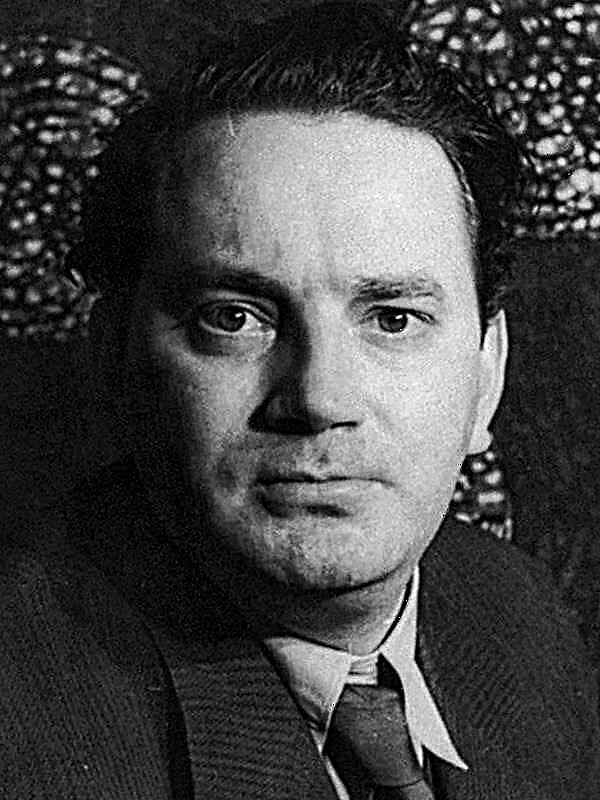
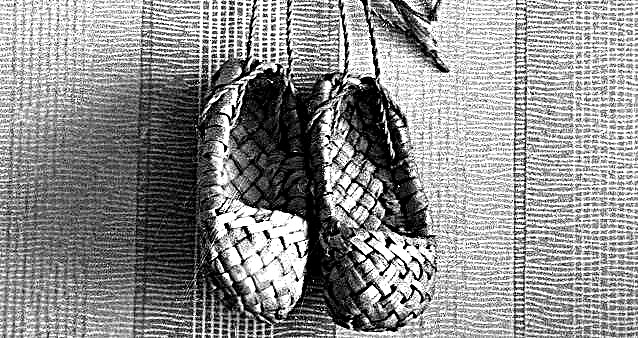
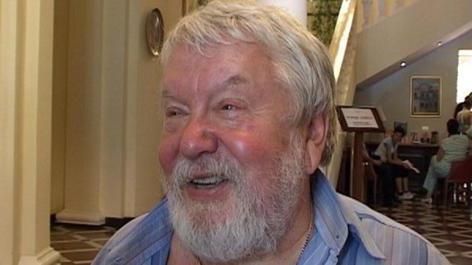
 Florville and Courval
Florville and Courval